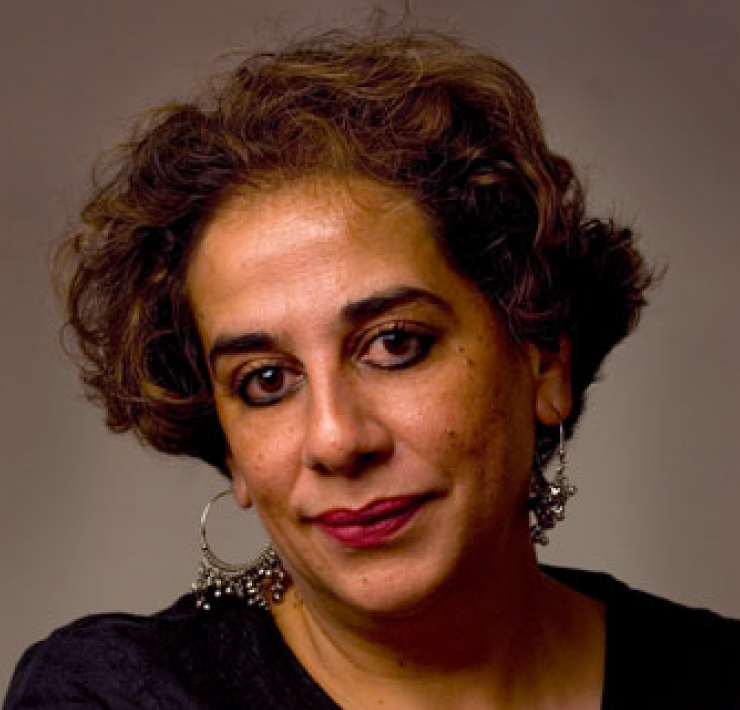In October 2022, shortly after he assumed office, President William Ruto told officials of the Independent Police Oversight Authority (IPOA) that extrajudicial killings by police must end, describing these killings as “illegal” and “unconstitutional”. This surprisingly firm stand on police brutality and impunity from none other than the head of state was welcomed by human rights advocates, who for years have been documenting the thousands of Kenyan lives that have been needlessly lost due to trigger-happy police officers.
But not even a month had passed after the President made this statement when his deputy made a remark that seemed to contradict his boss’s. Deputy President Rigathi Gachagua encouraged police officers to use their guns to protect themselves, echoing sentiments expressed earlier by the Inspector-General of Police, Japheth Koome, who even said that bodies like IPOA were “busy bodies”, not realising that the oversight authority was created specifically to check police excesses. IPOA was established in 2011 to provide oversight over the police, which is deemed as among the most corrupt institutions in Kenya.
These utterances are alarming not only because they suggest that police officers are above the law, but also because they appear to take us to the scenario we saw during President Uhuru Kenyatta’s second term, where the President and his deputy were at loggerheads and contradicted each other on virtually everything. That situation created enormous political instability and uncertainty in the country, and led to a very expensive and polarized election campaign. We do not want to go there again.
We must also remember that Kenyans are still reeling from the death of 22-year-old Benson Njiru Ndwiga and his 19-year-old brother Emmanuel while in police custody in Kianjokoma in Embu County during the pandemic-induced curfew in 2020. Then the police said that the brothers, both college students, died after jumping out of a moving police vehicle when they were rounded up for flouting the nationwide curfew time of 10 pm. But an autopsy revealed that the brothers died as a result of broken ribs and head injuries caused by a blunt object.
The death of the two brothers sparked national and global outrage because it was so unnecessary, and also because the tragic incident was reminiscent of the kind of violence inflicted on George Flloyd, whose death at the hands of a police officer in Minneapolis, USA, in May 2020 had ignited the Black Lives Matter movement. In April 2020, Human Rights Watch reported that at least six people had died from injuries inflicted by the Kenya police in the first ten days of the first curfew imposed on 27 March 2020. Two months after the March 2020 curfew began, IPOA reported 15 deaths from police brutality. The victims were not known terrorists or violent robbers; they were ordinary Kenyans who just happened to be on the wrong side of the curfew deadline – a very heavy price to pay for such a minor offense.
Human rights organizations and civil society groups have consistently condemned the use of violence by the Kenya police. Extrajudicial killings by the police, especially of young men living in informal settlements, are rampant. The Mathare Social Justice Centre has documented the killing of 803 Kenyans by police between 2013 and 2016, of which 50 were young men living in Nairobi’s Mathare slum. The killing of young men in slums is rampant, and points to a system that is brutal and broken.
Reports of police beating and harassing people have been widely reported in the media. But widespread condemnation has not resulted in a significant change in police behaviour. According to Missing Voices, an initiative of 18 Kenyan civil societies who collect, verify and publish data on police brutality, 157 people were killed and 10 were disappeared by the Kenya police in 2020 alone. Death at the hands of a police officer is most prevalent in Nairobi.
What kind of country have we created in which police, instead of protecting civilians, end up brutalizing or killing them? Why is a police officer the most feared person in Kenya? Analysts say that police brutality in Kenya is a legacy of the country’s colonial past when state-sanctioned violence was the norm, and when the police were expected to preserve colonial settler interests, not the interests of the majority African population. Post-independence governments have also relied on the police to suppress dissent and silence the opposition. Police violence against civilians peaks during elections. At least 12 people were killed and more than 100 were injured by police during the 2017 general elections in Kenya.
Given this painful history, it is heartening to know that the President is determined to end the practice of extrajudicial killings by police, which have caused so much anguish to so many families across the country.
Author
-

Rasna Warah is a Kenyan writer and journalist with over two decades of experience as an editor, writer and communications specialist. She wrote a weekly op-ed column for the Daily Nation, Kenya’s leading newspaper, for many years, and has contributed to various regional and international publications, including, the UK’s Guardian, Africa is a Country, The East African, The Mail and Guardian, The Elephant, and Kwani? She has worked as an editor and writer at the United Nations Human Settlements Programme (UN-Habitat) and has published two books on Somalia: Mogadishu Then and Now (2012) and War Crimes (2016). Her first book, Triple Heritage (1998), explored the history of South Asians in East Africa. Her latest book, Lords of Impunity (2022), examines the failures and internal contradictions of the United Nations and what can be done to transform this global body. She holds a Master’s degree in Communication for Development from Malmö University in Sweden and a Bachelor of Science Degree in Psychology and Women’s Studies from Suffolk University in Boston, USA. She is based in Nairobi, Kenya.




